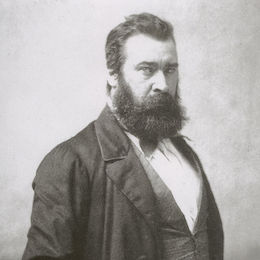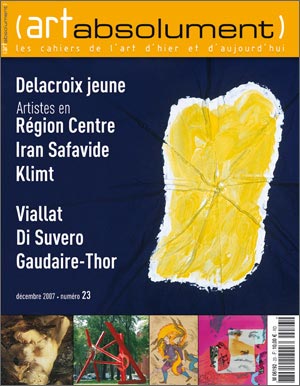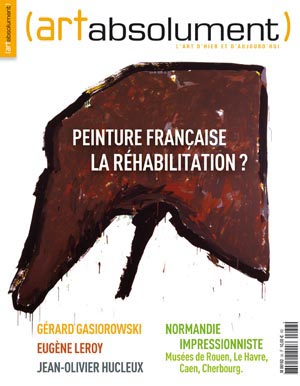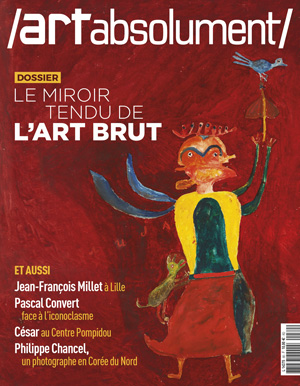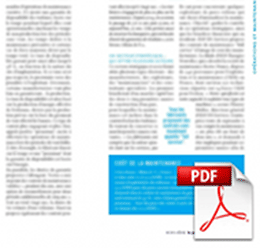Jean-François Millet
1814 (Gruchy) / 1875 (Barbizon)
"Intuitive knowledge through the abyss, his art of infinite space and the dusty toil of man, "a beast barely superior to others," remains obscurely an art of emptiness. In a Hugolian dialogue with the abyss and in an almost Beckettian aesthetic of disappearance, Millet, with his fundamentally pessimistic spirit, paints the erasure, the ephemeral, the dying grain, on an absurd and deserted earth. Always, Millet's painting seems to wait for a Godot who does not come. His paintings of air and wind, like his drawings of stars and night remain the most singular endgame of 19th century art.
Emmanuel Daydé, Art Absolument n°36, July/August 2010
"Intuitive knowledge through the abyss, his art of infinite space and the dusty toil of man, "a beast barely superior to others," remains obscurely an art of emptiness. In a Hugolian dialogue with the abyss and in an almost Beckettian aesthetic of disappearance, Millet, with his fundamentally pessimistic spirit, paints the erasure, the ephemeral, the dying grain, on an absurd and deserted earth. Always, Millet's painting seems to wait for a Godot who does not come. His paintings of air and wind, like his drawings of stars and night remain the most singular endgame of 19th century art.
Emmanuel Daydé, Art Absolument n°36, July/August 2010
Artist's articles
Artist's exhibitions
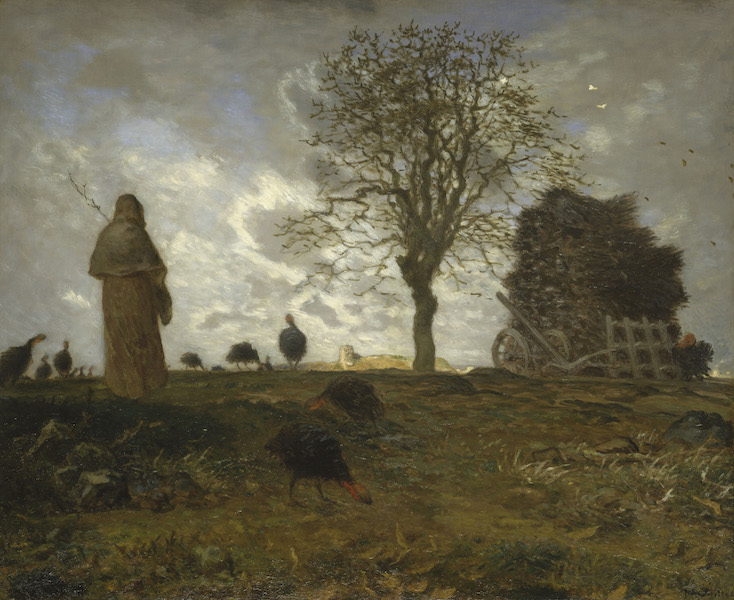
Jean-François Millet
13/10/2017 - 22/01/2018(Lille) Palais des Beaux-Arts de Lille
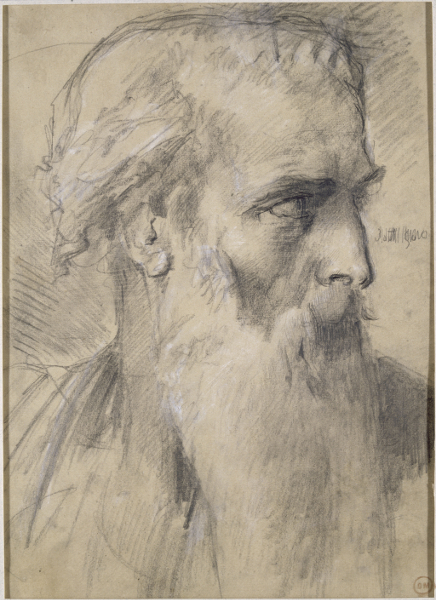
Moïse – Figures d’un prophète
14/10/2015 - 21/02/2016(Paris) Musée d'art et d'histoire du Judaïsme
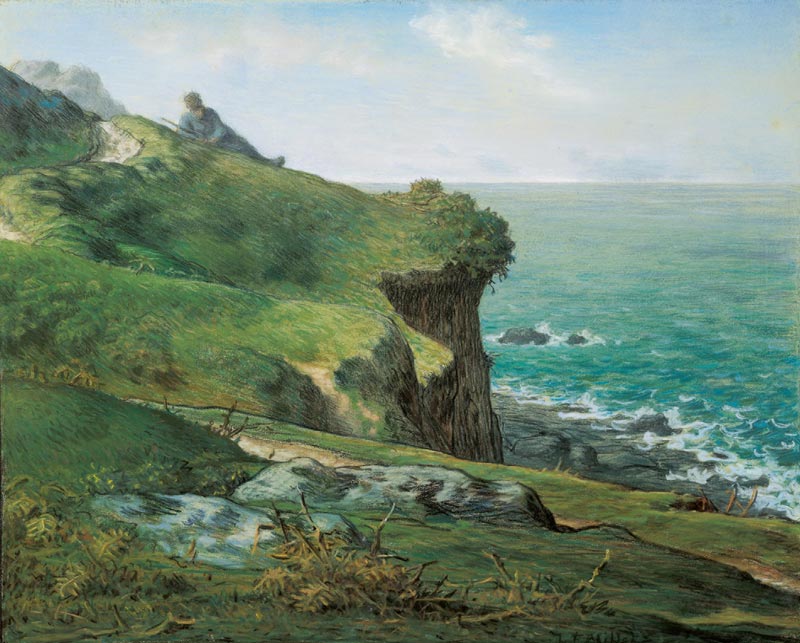
Millet à l’aube de l’impressionnisme
18/06/2010 - 05/09/2010(Cherbourg Octeville) Musée Thomas-Henry
.gif) Publicité
Publicité
Abonnez-vous à Art Absolument
